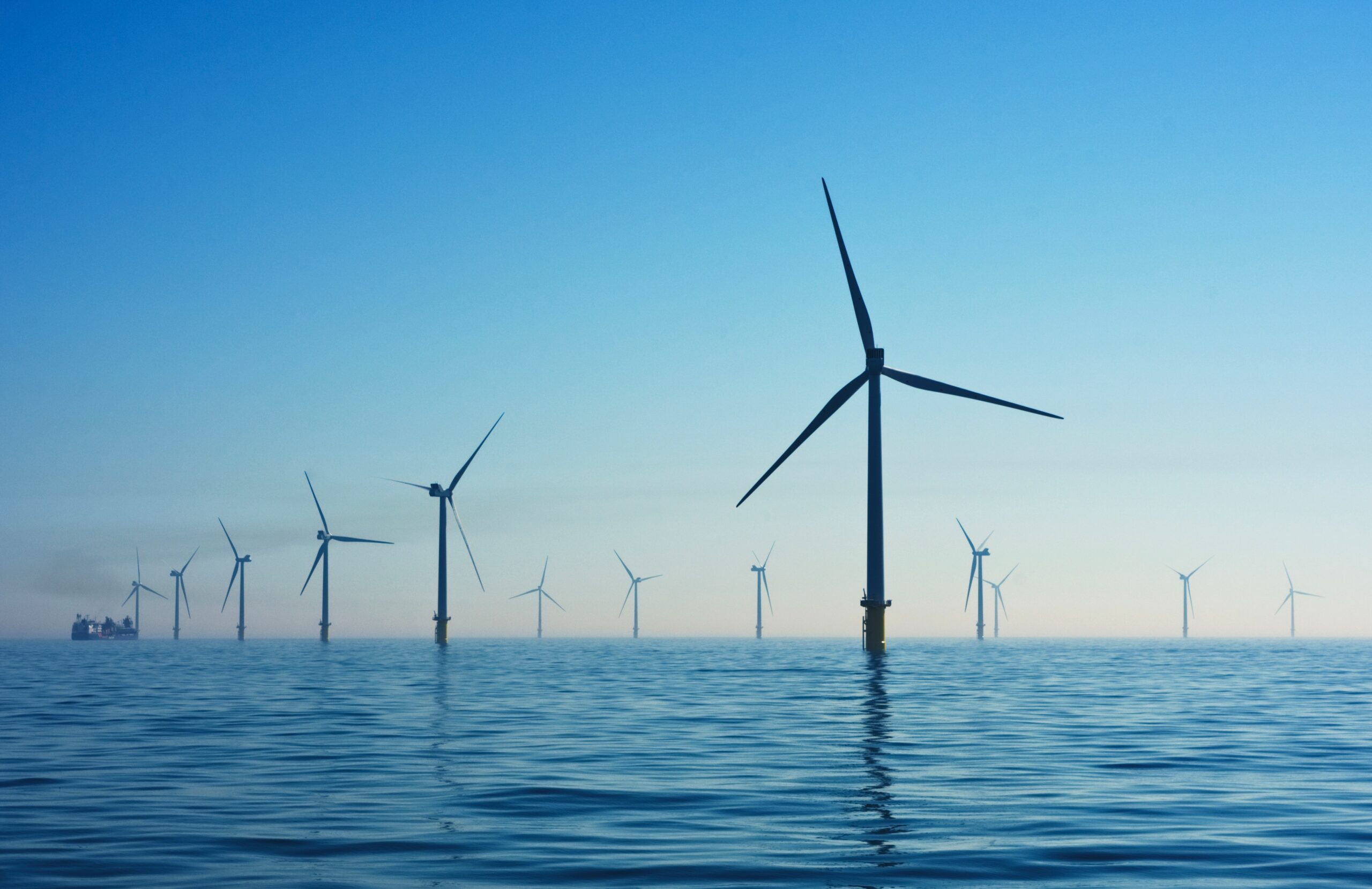
About Us
The Global Climate Action Partnership
The Global Climate Action Partnership (formerly LEDS Global Partnership) is a global accelerator of knowledge and solutions that lead the way to climate resilient and low-carbon development. It is a platform driven by climate leaders in Africa, Asia, and Latin America and the Caribbean that enables collaborative and ambitious climate action, peer learning and innovation. The Global Climate Action Partnership (GCAP) fosters country leadership and regional communities that enable the transformational changes needed for low-carbon and climate-resilient development.
GCAP operates through country-driven regional platforms that support the implementation and enhancement of Nationally Determined Contributions (NDCs) and Long-Term Strategies (LTSs) by helping its members define priorities, establish regional Communities of Practice on sectoral action and resource mobilization. Through our Communities of Practice and five Working Groups on energy, transport, agriculture, resource efficiency and finance we enable the delivery of technical support, knowledge sharing and peer learning for a broader replication and scaling up of climate actions. The Global Climate Action Partnership fosters global learning, expert advisory support and the development and delivery of tools and methodologies that help drive the sectoral transitions to low-carbon and resilient energy, transport and agricultural systems. Since its foundation in 2011, GCAP has consolidated its knowledge base and technical capacity. The network now connects more than 5,000 global practitioners, has supported the development or improvement of policies and measures that provide an enabling environment for the implementation of NDCs and LTSs. GCAP engages leaders from over 300 institutions across government agencies, technical institutes, international agencies, and non-governmental organizations.
With its 10-year anniversary in 2021, GCAP looks back on an eventful and dynamic decade in which it has successfully established a vibrant network of ambitious climate leaders. And – even more importantly – it is looking ahead: Priorities for the next years include further strengthening high ambition regional communities; mobilizing investment for priority projects; accelerating sector transformations to low emission, climate resilient systems; and coupling climate action with inclusive green economic recovery.
Low-emission development strategies (LEDS), simultaneously
- reduce greenhouse gas emissions
- increase resilience to climate change impacts
- achieve social, economic and environmental development goals.
These strategies include national climate change laws, green growth strategies and plans, sectoral plans for low emission development, Nationally Appropriate Mitigation Actions (NAMAs) and NDCs to the 2015 Paris Agreement under the UNFCCC. The Partnership does not adopt any particular definition of low emission development or low emission development strategies.
Learn More:
Watch our short video to learn how GCAP (formerly the LEDS Global Partnership) supports low-emission climate resilient development around the world.
By viewing the video you agree that your data will be transferred to Youtube
More Information in our privacy policy
LEDS GP has been rebranded as the
Global Climate Action Partnership (GCAP)
After a decade of advancing climate planning and implementation processes powered by collaboration and peer learning across brilliant members across the world, the LEDS GP was rebranded as the Global Climate Action Partnership (GCAP). As part of this rebranding effort, we redefined our strategic approach to emphasize supporting country-driven implementation actions to achieve resilient, just, and inclusive low emission and net zero economies. GCAP will also strengthen the role that developing countries play in driving partnership priorities and programs, including the establishment of a developing country council of climate leaders.
